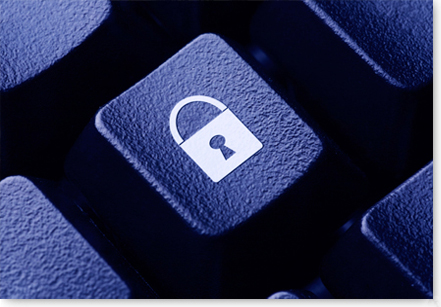How to be safe: online security
Most, if not all of us are connected to the world via the use of our laptops, tablets or mobile phones and of course the internet. The internet has proven to be extremely valuable to us for entertainment, education and socializing. However, the internet can also make us vulnerable to fraud, illegal activity and abuse, so it is important to be extremely careful.
Due to the vulnerabilities associated with the use of the internet, many companies such as Symantec have produced online security programs to protect the user. These include the likes of SSL certificates and SSL checkers which ensure safety certificates are valid and up to date. You can purchase the Symantec SSL Certificate from the Symantec Authorized provider.
However, it is still important to be extra careful when surfing the web, you can do this by following these simple steps:
Use creative passwords
Don’t be lazy and use simple passwords like: ‘letmein’ – try to be a little more creative by using letters and numbers, along with capitalization. This will prevent your accounts from being hacked. Also, never use the same password for multiple accounts as this can be dangerous.
Read the print
When you are installing something or signing up to a website remember to read the small print. Some companies will sell your information to other businesses that will send you a large amount of spam. Also, when filling out your details be sure to only fill in the boxes marked with an asterisk otherwise the boxes are optional; never give out personal information unless you have to.
Don’t give out personal details
Be careful not to give out your full name, address or postcode to anyone online that you do not know in person. This can cause identity fraud and have serious consequences.
Update your anti-virus
Be sure to always be using the latest version of your anti-virus software as this will stop any viruses or hackers from getting into your PC and stealing your details.
Turn off file sharing
When using a public wireless network ensure you turn off the ability to share files as this will put your files and system at risk from being opened by a stranger.
Download safely
It is vital to only download files or programmes from reputable, trusted sites. If you are in doubt Google the name of the company to find out more about them.
Email attachments
Everyone receives spam emails from time to time however, it is crucial not to open any attachments from emails you do not recognise as this could be dangerous to both you and your PC.
Look for SSL safety with “https”
If a website starts with “https” rather than “http” then it means that a valid SSL certificate is in place. This means any information you enter into the website is encoded securely when transferred across the server so that unauthorised individuals cannot access it. Other signs you can use as an SSL checker include whether the address bar turns green when you enter the web URL and whether a closed padlock symbol appears in the address bar.
Image Credit : phandroid [.] com



